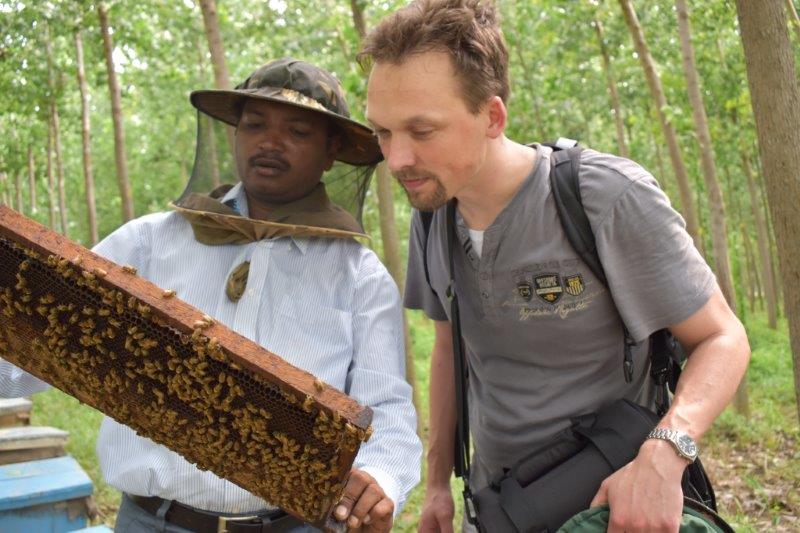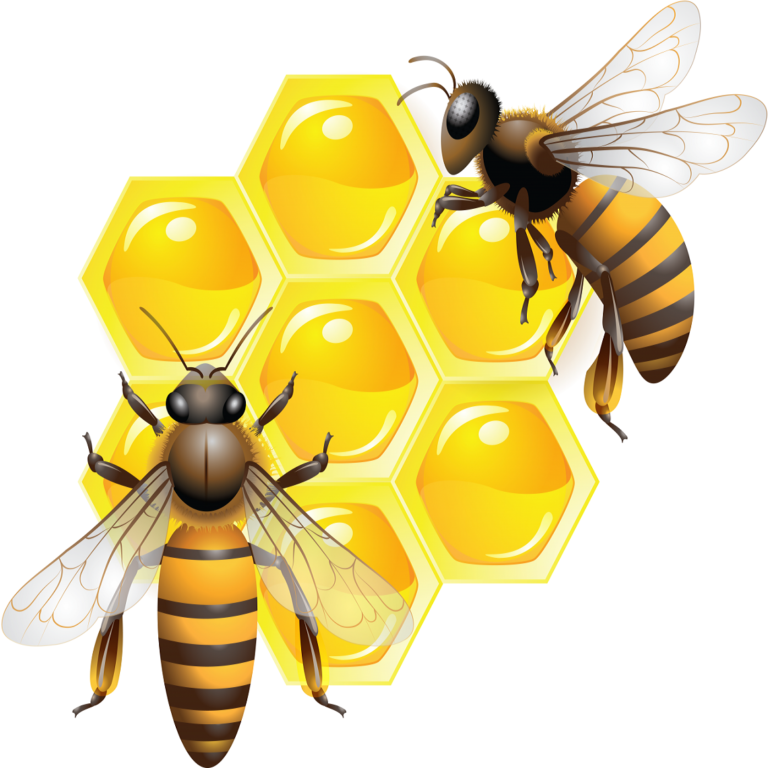🐝 Beekeeping: A Career That’s Buzzing With Possibility
In a world that’s rapidly shifting toward sustainability, natural living, and environmental awareness, beekeeping is emerging as a rewarding and meaningful career. Whether you’re drawn by your love for nature, your interest in agriculture, or your passion for protecting pollinators, becoming a beekeeper offers a wealth of benefits—not just for you, but for the planet.
Let’s explore what makes beekeeping a promising career path and how it can be more than just a job—it can be a lifestyle.
🌼 What Does a Beekeeper Do?
A beekeeper, also known as an apiarist, manages bee colonies to harvest honey and other hive products like beeswax, royal jelly, and propolis. Beekeepers also play a vital role in pollination services, supporting local agriculture and ecosystems.
Tasks include:
- Maintaining hives and monitoring bee health
- Harvesting and processing honey
- Preventing and treating hive diseases
- Managing swarming behavior
- Selling honey or offering pollination services to farms
🌟 Benefits of a Career in Beekeeping
1. A Source of Sustainable Income
Beekeeping can be profitable on multiple levels. Beekeepers can earn by:
- Selling raw honey, beeswax, and value-added products (lip balms, candles, soaps)
- Providing pollination services to farms
- Selling bee colonies or queen bees
- Offering educational tours, workshops, or beekeeping courses
With the rise in demand for organic and local products, beekeeping fits perfectly into niche markets.
2. Low Start-Up Costs
Compared to many agricultural careers, beekeeping requires relatively low initial investment. Basic equipment and a few colonies are enough to get started, and you can scale up gradually over time.
3. Flexibility and Independence
Beekeeping offers the freedom to work on your own schedule, making it ideal for those looking for part-time income or a side business. Many beekeepers also enjoy it as a family-run or home-based business.
4. Environmental Impact
Beekeepers are at the forefront of environmental conservation. By caring for pollinators, you directly support:
- Biodiversity
- Crop production
- Healthy ecosystems
Your work contributes to solving the global pollination crisis and protecting bee populations from extinction.
5. Physical and Mental Wellness
Working with bees often means spending time outdoors, staying active, and staying connected with nature. Many beekeepers find the practice therapeutic and grounding. Observing bee behavior, managing hives, and working in harmony with nature offers a deep sense of peace and fulfillment.
6. Lifelong Learning
Beekeeping is a fascinating blend of science, art, and observation. You’ll constantly learn about bee biology, weather patterns, plant behavior, and more. It’s a profession that evolves with every season.
7. Community and Connection
Beekeepers are part of a growing global community. Whether you join local beekeeping clubs or attend national conferences, you’ll connect with people who share your passion—and often collaborate to improve bee health and share best practices.
🧑🌾 Who Can Become a Beekeeper?
Almost anyone! Beekeeping is suitable for:
- Hobbyists looking to start small
- Farmers wanting to boost crop pollination
- Nature lovers and environmentalists
- Entrepreneurs exploring eco-businesses
- Retirees or rural dwellers seeking meaningful work
You don’t need a formal degree, but hands-on training, mentorship, or certification programs can help you start strong.
🐝 Final Thoughts: More Than a Career—A Calling
Beekeeping is more than just honey and hives. It’s a fulfilling career that offers independence, income, and an opportunity to make a real difference in the world. Whether you’re managing a few hives in your backyard or building a full-scale apiary, you’ll be contributing to a healthier planet—one bee at a time.
Thinking of starting your beekeeping journey?
Stay tuned for our beginner’s guide to beekeeping, or reach out to learn more about equipment, training, and local mentorship opportunities.







